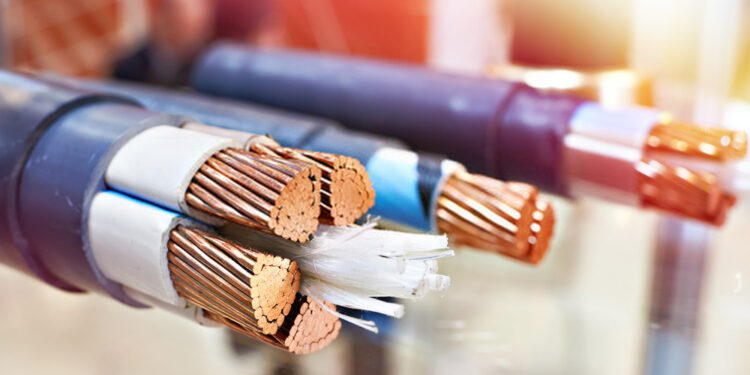Industries rely on metal wires, cables, or ropes for their strength to power and move equipment. Another requirement of them is that they need to be flexible. When these two properties can be combined, there isn’t much that you cannot achieve commercially, whether it relates to construction or improving the way humans live their lives.
Here, we shall explore the different types of wire cables available to industry to allow them to function at an industrial or commercial level of demand. Then, Sava’s post is worth a look for more information.
Nitinol Wire
Nitinol wire has wonderful properties when it comes to its industrial use. For instance, it can change shape at different temperatures for use with many applications. As well, it has high corrosion resistance for outdoor situations and biocompatibility for implants inside the human body. This makes it an ideal material for many environments and situations. This is not to mention that it also has a good level of thermal conductivity for electrical jobs too.
Different Types of Materials
The materials used in industrial wire cable will include stainless steel and tungsten for strength. You may also consider galvanized or coated for a cable’s protection.
Exotic materials are used in manufacturing wire cables. These can include superalloys, plastics, ceramics, semiconductors, and superconductors. By definition, they are considered the types of alloys that are manufactured by experts using highly controlled and specialized processes. This will be as opposed to using so-called normal metals that will be manufactured through the general and well-known processes known to manufacturers. These are typically involving standard grades of that particular metal. So, the possibility of using exotic materials will then benefit the industry because of the strength, flexibility, conductivity, and longevity of wire cables possible because of these advanced and innovative processes.
Coated versus Galvanized Cables
Where cables are coated, this can be in nylon. That is polyamide (PA) is the most popular of the coatings. The principle of their use is that they will increase the life of mechanical cables for industries mindful of the cost of needing to replace too soon. Nylon’s properties will mean that a multitude of industries can benefit from the cable’s strength yet still receive the flexibility and be provided with the resilience necessary to sustain the cable over time, for jobs where, for example, pulleys are involved. Vinyl (PVC) is an alternative to nylon coating and is also in common use. It is not quite as durable as nylon where there are repeated cycles involving pulleys, so this needs to be weighed up in your choice if you work in an industry where that is the case.
In situations where strength is vital, industries will consider choosing galvanized cables instead of coated. It is considered a cost-effective alternative to stainless steel or wire cables involving more highly-priced alloys. It is a compromise, in other words, where weather protection and durability are required.
So, those who might choose nylon or vinyl coated over galvanized cables might be farmers looking for fencing, where it may be required over several acres. If you are in this situation, you will need it to provide a cost-effective solution yet stand up to all weathers. In the case of nitinol wire, it can also be used for applications within the human body. This makes it a life-extending and improving a product that is welcomed by the medical sector just as it is by those industries involved in the construction of all kinds.
In conclusion, when we choose wire cable for an industrial situation, we will need to consider the strength, flexibility, and malleability of the materials at different temperatures. This will affect what situations it is useful for. Then, it might be how well the wire cables weather outdoors. Even indoors, when used inside the human body, in the case of nitinol wire.




























































